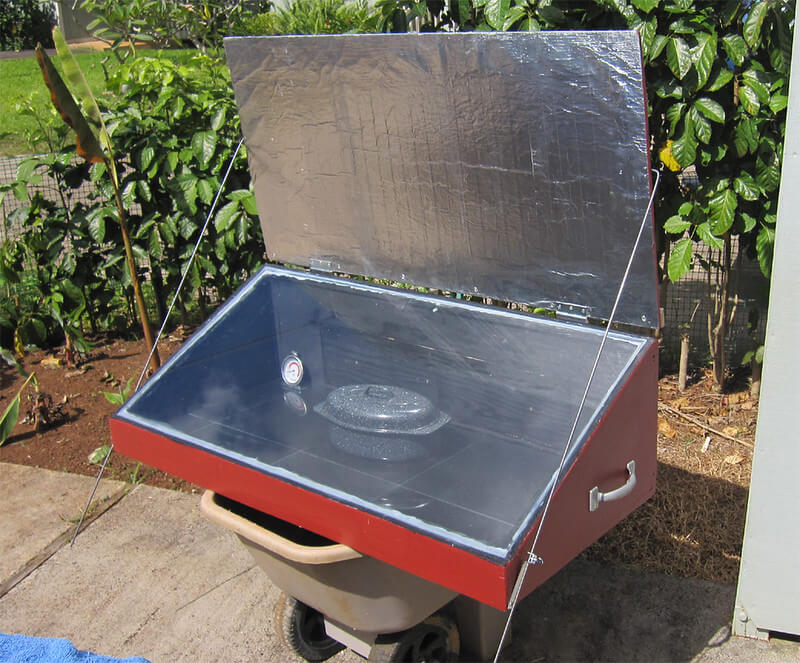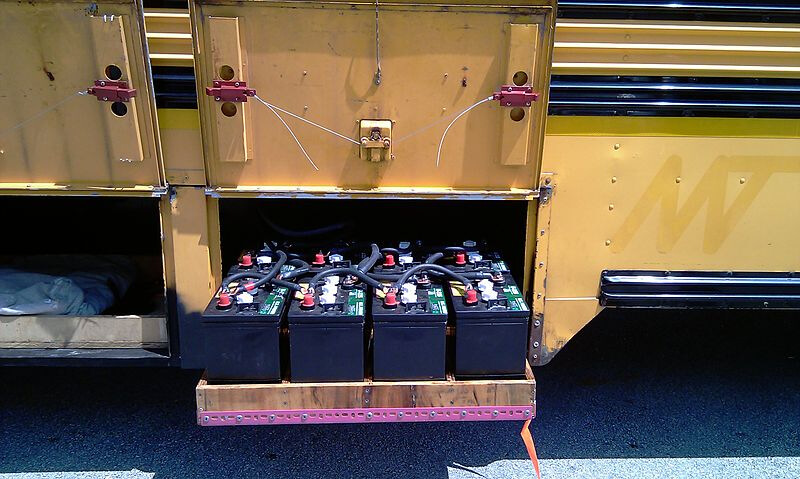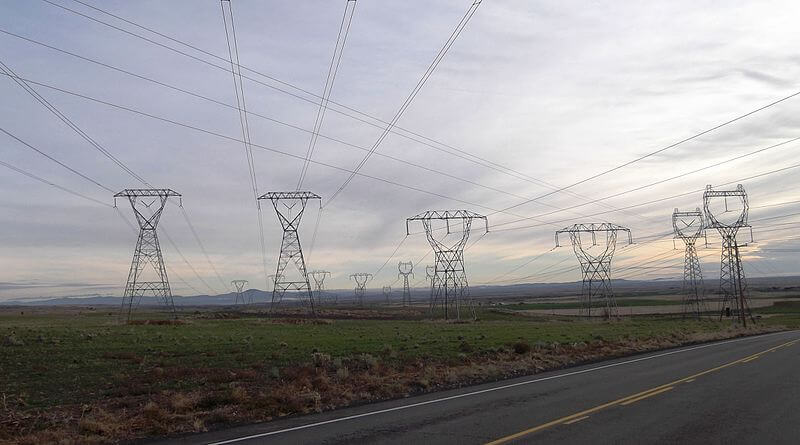Solar cookers are an ingenious way of cooking food without the use of any kind of fuel. It is an environmentally friendly alternative to traditional LPG-cylinder-based or electricity-based cooking technologies. Solar cookers share advantages and disadvantages with most other solar-based products. Just like any other solar-based product, solar cookers cannot function or be of any use without sunlight. In this article, we are going to carefully lay down all the advantages and disadvantages of solar cookers. We are also going to discuss the various types of solar cookers that are currently available in the market, as they tend to eliminate the problems which have traditionally been associated with solar cookers. We would urge you to go through this article carefully to find out more about solar cookers. It will be of great help to you if you are considering installing a solar cooker at your own place.
Advantages of Solar Cookers
The following are some of the advantages of using a solar cooker:
1. Cost-effectiveness
Unlike an LPG-based cooking solution where you need to spend money every time you get a new cylinder, a solar cooker requires no such recurring payments. This is because sunlight is free and unlimited and hence, cooking on a solar cooker is effectively free. You just need to make an initial investment of installing a solar cooker, and that’s all!
2. Environment Friendly
Natural gas is a non-renewable energy source, and if you reside in a hot area, a conventional cooker makes your house hotter while cooking. A solar cooker produces no emission of gasses like carbon monoxide, maintaining better air quality indoors. Besides, sunlight is unlimited and a renewable energy source. The environmental impact is thus, minimum when you are using a solar cooker.
3. Nutritious, tasty and hygienic cooking
Solar cookers make cooking more nutritious, hygienic, and tasty. It eliminates the possibility of burning food when you are cooking, baking, grilling or roasting. The latest solar cookers can even direct the sun rays in a more precise manner, thus, offering better efficiency. Moreover, in baked food, moisture and softness are retained.
4. Power cuts is not an issue
Induction ovens and microwaves require electricity to run, and power cuts are a major challenge in India. However, as solar cookers use sunlight to cook food, you do not have to worry about power cuts.
Disadvantages of Solar Cookers
The following are some of the disadvantages of solar cookers:
1. Useful only for cooking in the daytime
The biggest disadvantage of using a solar cooker is that it is dependent on sunlight for cooking. As a result, you cannot cook using a solar cooker at night. Besides, rain, low sunlight penetration, cloudy weather, etc. also serve as impediment to cooking on a solar cooker.
2. Eye damage
One needs to be careful while using a solar cooker, as accidental reflection of sunlight into your eye can damage your eyesight.
3. Requires Backup
It is impossible to be completely dependent on a solar cooker for cooking. You will require a conventional cooker, which can be used when sunlight is not sufficient, or on a rainy day. Besides, with a solar cooker, you need to start cooking early in the day, when the sunlight reception is maximum.
4. Less Efficient
Solar cookers take a lot more time to cook than conventional stoves. Hence, if you are in a hurry to cook your food, you will have to use a normal stove. Besides, solar cookers are costlier than regular gas stoves. You will also need to find a suitable place in your house to place a solar cooker, where the sunlight reception is maximum. You might also be required to change the position of the reflector, according to the position of the sun.
Types of Solar Cookers
To eliminate the problems traditionally associated with solar cookers, companies have come up with new products, introducing improvements in technology. As such, commercial solar cookers can be categorised as follows:
1. The Hot Box
This is an insulated square or rectangular box solar cooker, which comes with a glass lid. There are multiple panels, which focus the sunlight’s radiation into the internal side. The flat black colour over it enables a better absorption of heat.
2. The Parabolic Dish
Parabolic dish solar cookers can attain heat up to 250 degrees celsius. These cookers lack flat panels, and instead come with a parabolic dish or a plate. This dish acts as a lens to focus sunlight at a certain point. These kinds of solar cookers are highly efficient, enabling fast cooking.
3. The Vacuum Tube Cooker
Vacuum tube solar cooker comprises a pair of tubes. The tube’s heat insulators have a vacuum in between them. It ensures that the heat is reflected on the outer tube perfectly and then gets absorbed by the inner tubes. In this way, it helps reduce cooking time.
4. The Panel Cooker
Panel cookers use a simple technology. There are more than one panel to fold out sunlight radiation, and in this way, a panel solar cooker ensures an efficient cooking.
Conclusion
Solar cookers are an environment friendly alternative to traditional cookers and stoves, and they help reduce costs in the long run. However, they come with their set of cons, which you need to be aware of before switching to them. Their efficacy is mostly impacted by weather conditions, and moreover, you cannot completely depend on them. You cannot cook on a solar cooker during the night, as there is no sunlight.
In this article, thus, we pointed out all the advantages and disadvantages of solar cookers. We also listed some of the recent innovations that companies have introduced in their solar cookers, and classified them into four different categories. Go through this article carefully, so that you can make an informed choice about solar cookers.
- 300 Watt Solar Panel Prices in India: 2023 - March 8, 2023
- 500 Watt Solar Panel Prices in India: 2023 - March 5, 2023
- Loom Solar Panel Price: 2023 - February 19, 2023



